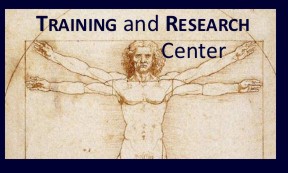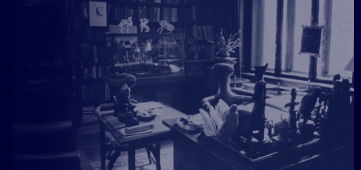|
|
|
|
|
|
|
|
|
|
|
|
|
|
|
|
|
|
|
|
|
|
|
|
|
|
 |
 |
 |
 |
 |
 |
 |
|
|
|
|
|
|
|
|
|
|
|
|
 |
|
 |
|
 |
|
 |
|
 |
|
 |
|
 |
|
 |
|
 |
 |
|
|
|
|
|
|
|
|
|
|
|
|
|
|
|
|
|
|
|
|
|
|
|
|
|
|
|
|
|
|
|
|
|
|
|
|
|
|
|
|
|
|
|
|
|
|
|
|
|
|
|
|
|
|
|
|
|
|
|
|
|
|
|
|
|
|
|
|
|
|
|
|
|
Fihth
Year
The Clinic of the Fantasy
|
First Year
Objectives of the Analysis
and Clinical Aspects of Psychoanalytic Concepts
Second Year
Objectives of the Analysis
and Clinical Aspects of Psychoanalytic Concepts
Third Year
The Dream
Fourhth Year
Clinic of the Symptom
Fifth Year
Clinic of the Fantasy
Sixth Year
Clinical Strategies and
the Different Psychical Structures
Calendar
Information
and registration
|
|
|
|
-
The Function of the Fantasy -
For
Freud, fantasy provides an imaginary consistency to the desire
to recover the lost object. What is the function of fantasy
in the processing of jouissance? In what way does fantasy constitute
the neurotic's solution in his relation to the lack of the Other.
What about the subject's solutions in psychosis and perversion
compared with the neurotic's choice of the fantasy?
-
Transformations of the Fantasy -
From
the Other's jouissance of the subject's loss, from the Other's
desire to the bit of real to which the subject is reduced, Freud
brings us to identify four transformations to the fantasy. They
places at stake both of Other in its desire and jouissance and
the subject faced with the failure of knowledge (''savoir'') and
the very little consistency of the Other in relation to excess.
-
The Different Stages in the Development -
of the Fantasy During the Treatment
Do
the masculine and feminine positions of the analysand subject
determine different modalities in developing and going through
the fantasy in the treatment? On what conditions does the analysand
take over from the production of knowledge (''savoir'') forming
the basis upon which he assumes the ethical responsability for
his relation to the real and to the absence of the Other?
-
The Role of the Clinic of Fantasy -
And the End of the Analysis
The
knowledge (''savoir'') gained from experience defines a logical
end to the demand in which transference has found an opportunity,
up to the assuming of the ''Pas d'Autre'', which the function
of the fantasy was to hide. The conclusion of the clinic of the
fantasy is therefore indissociable from the ethical responsability
taken by the analysand as regards the production of knowledge
(''savoir'').
|
|
|
|
Groupe interdisciplinaire freudien de recherche et d'intervention clinique
et culturelle
342, boul. René-Lévesque ouest,Québec, Qc, Canada,G1S
1R9
|
|
 |
 |
 |
 |
 |
 |
 |
 |
 |
 |
 |
 |
 |
 |
 |
 |
 |
 |
 |
 |
 |
 |
 |
 |
 |
 |
 |
 |
 |
 |
 |











